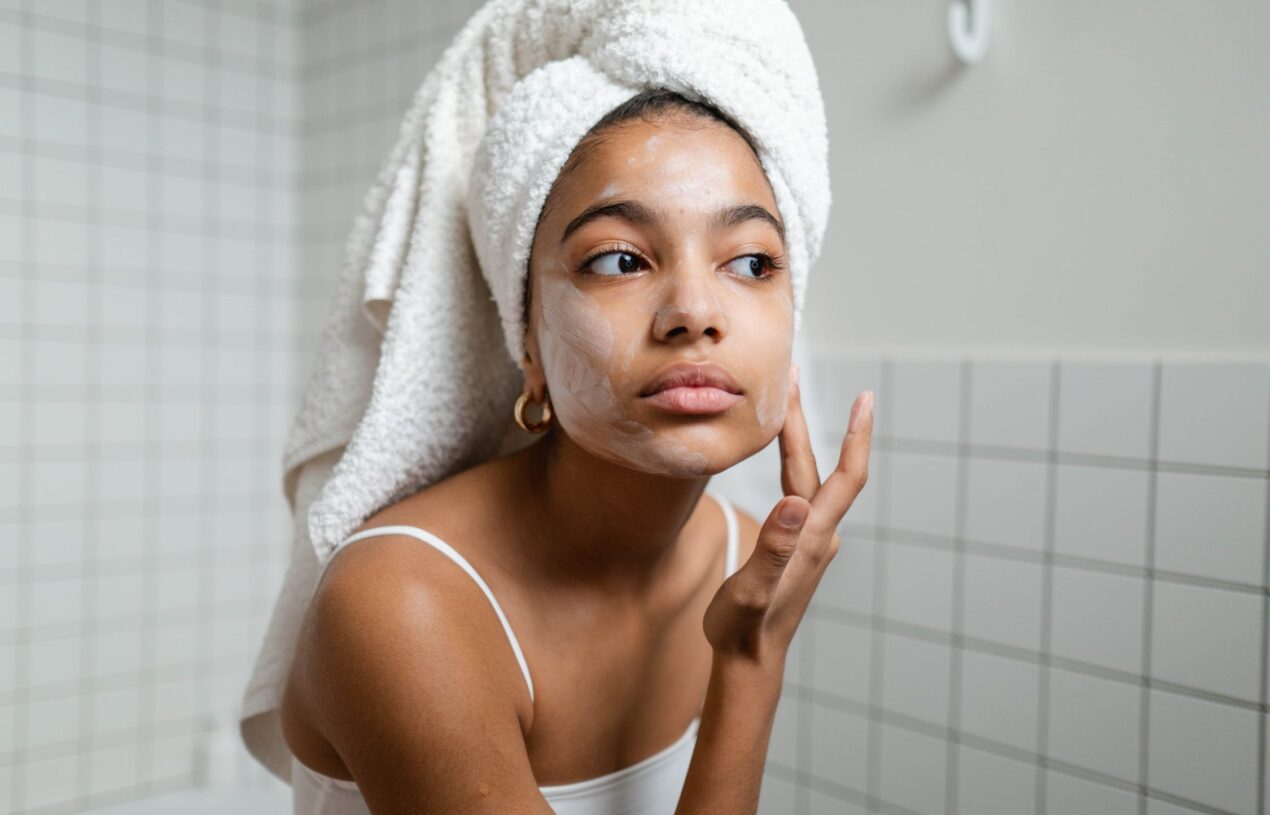Given the near-endless variety of hair and skin care products available, how do you find the ones to actually use for your specific skin and hair types? The truth is that there are important distinctions that require different care approaches, but the good news is you don’t need to be an expert to figure out what works for you. Here is how to cut through all the noise and find the best products for your skin and hair.
Healthy Hair
The perfect hair products for you won’t just smell nice and come in pretty packaging (though that’s always a plus!); they’ll work with your hair’s individual characteristics to keep it healthy and help you create styles you love. If you’re not certain of your hair’s needs, there are plenty of online videos, quizzes, and guides that can help you figure out the details. You can also read personal accounts (such as Function of Beauty reviews) to see what people with similar hair to yours have to say about their real-world experiences.
Knowing what type of hair you have is essential to caring for it properly. There are four main hair types (straight, wavy, curly, and coily), but it’s more complex than that. Curls and coils come in several different subtypes that influence how resistant your hair is to damage and how much moisture it needs. Then there are distinctions such as hair structure (are the individual strands fine, medium, or coarse?), density (how much scalp space is there between hair follicles?), and your scalp’s natural moisture level. You have certainly heard this before, but environmental factors such as repeated exposure to sunlight, swimming-pool chlorine, or high-heat hair dryers can weaken your hair or damage its texture. This needs to be a factor in finding the right products.
Splendid Skin
It’s not just hair; skin also comes in different types. Your skin type may be oily, dry, normal, or combination, and regardless of type, you may also have sensitive skin. Skin type can also shift somewhat over the years (teenagers are more likely to have oily skin while normal aging sometimes leads to drier skin) and can also be affected by other factors. Smoking, for instance, can lead to drier skin, and washing your face too frequently can result in your skin becoming more oily (because your oil-producing glands go into overdrive when they sense your skin getting too dry).
A healthy skin care routine depends on understanding your skin and its needs. Don’t just grab the first bottle of face wash or moisturizer you see on the shelf; different products are designed to address different issues, and even products that are specific to one skin type or concern can vary greatly in their strength and ingredients. Especially if your skin is sensitive, make only one change at a time so you can difinitevly know which one caused a bad reaction. As with hair care, reading product labels, online guides, and personal reviews can be helpful. Finally, two basic rules that everyone should follow are never sleeping in your makeup and using sunscreen.
Adjusting your hair and skin care routines to suit your personal characteristics takes a bit of research and possibly some trial and error, but the results are well worth the effort.

